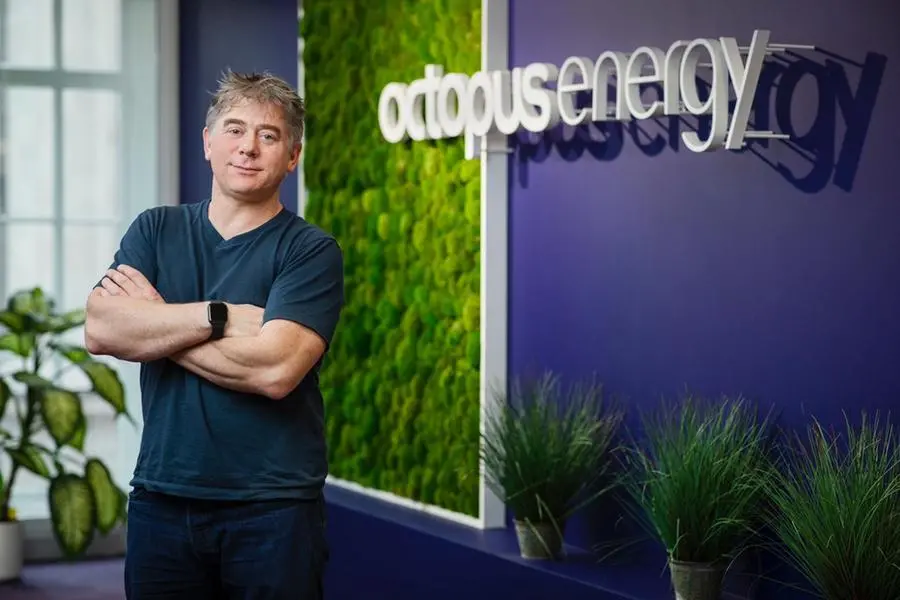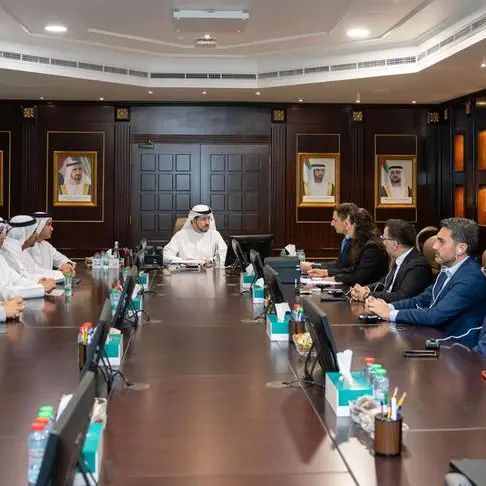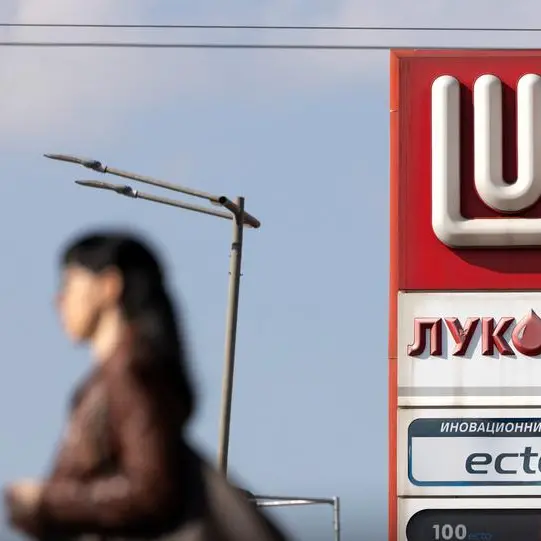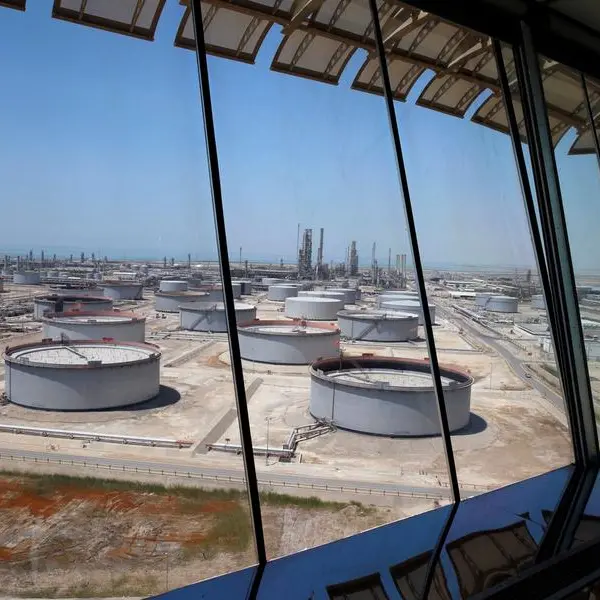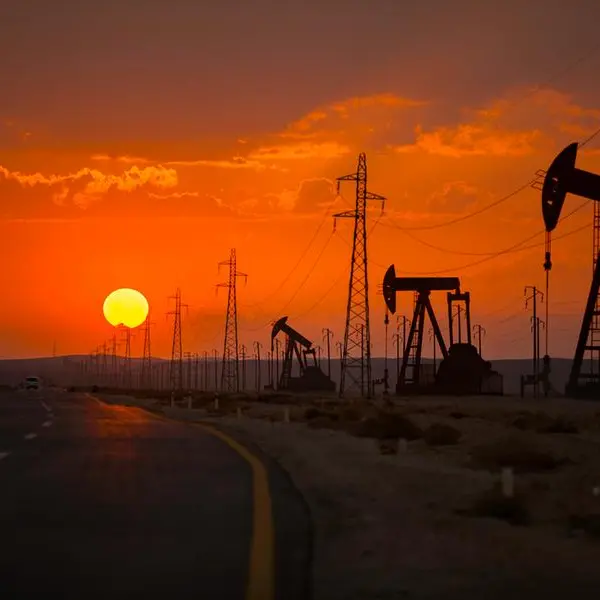PHOTO
The UK’s second-largest energy company, Octopus Energy, is considering a joint venture with Abu Dhabi’s utilities giant, TAQA.
Based on an agreement signed on Tuesday, the companies will look to establish a local innovation and development hub in Abu Dhabi. TAQA is also launching a trial of Kraken Technologies, Octopus Energy’s renewables-focused platform, for its customers.
“Kraken is the technology that Octopus has used to become the UK’s energy favourite energy company by a long way, and we are basically doing the same across six European countries and Japan,” Octopus Energy CEO, Greg Jackson, said.
“TAQA is absolutely focused on customer service, and they want the world’s best customer service and they’re choosing to use Kraken for that,” he added.
Octopus provides household utilities, primarily from renewable sources such as solar and wind, to 6.6 million customers, three million of whom have smart meters, which allow them to receive alerts telling them when peak energy use times are.
The customers can then switch off household appliances or lights in order to reduce their energy use, reduce pressure on the grid, and then receive discounts on their bills from Octopus in return, which is of particular use at times of low sun or wind.
Octopus EV, partnerships
Jackson highlighted the increasing need for electricity as the world begins to adapt away from fossil fuels, particularly towards electric vehicles, (EVs).
Octopus EV, the company’s electric vehicle leasing business, which also installs charging points and provides specialist energy tariffs to EV users, secured £550 million ($692 million) debt securitisation facility from Lloyds Bank earlier this week.
Octopus Energy’s generation arm has signed a partnership with Idris Elba and Siaka Stevens’ development company, Sherbro Alliance Partners (SAP), to build Sierra Leone’s first wind farm as part of the Sherbro Island City project. The announcement was made at COP28 that is being held in Dubai.
Last week, Octopus also announced the acquisition of Shell Energy Retail from Impello Ltd, a subsidiary of Shell Petroleum Company Ltd. This followed Octopus’s acquisition of collapsed renewables rival Bulb at the end of 2022.
Earlier this year, Octopus also jointly invested in a £30 million subsea power cable with TAQA to connect Morocco with the UK in order to connect 3.6GW of renewable energy from solar and wind sources.
Speaking about the future of his company, which he founded in 2015, Jackson described it as “an increasingly globally significant player”.
“The reason we are active is in this region [the GCC] is because things can move fast, but not just large scales of money, in terms of ambitious projects and large ambitions,” he said.
“Our ambition to drive a clean energy system globally is extremely well matched with that capability.
“I think the thing that is really important to recognise in the UAE, while the wealth largely comes from oil and gas out of the ground, a lot of people here know that is a very limited future, so they’re investing heavily in what will replace it,” he said.
Octopus Energy is planning acquisitions worldwide, according to its CEO.
“We are certainly going to be carrying out more acquisitions across the world in the next year or two.
If anyone is interested in mergers and acquisitions (M&A) they should look out for us on the acquisition side,” Jackson said.
TAQA received nearly one sixth of its revenue, AED 6.62 billion, from the oil and gas sector in the first nine months of 2023, which shows the way the oil and gas industry money is flowing to renewables. Jackson highlights this trend as necessary in the fight against climate change: “Extreme weather events, extreme consequences are coming faster than we ever thought and are harder to fight than we ever thought,” he said, describing ramping down emissions from fossil fuels as “the only solution” to climate change.
But what is Jackson’s own experience in dealing with the fossil fuel industry?
“I spend time with the people who are trying to build the new world, so I don’t really speak to the ones that are in the oil and gas sector – we are going to see a competition between clean electricity and fossil fuels,” he said.
He cited UAE companies such as Masdar, which plans to deploy 100GW of renewables by 2030, as a key part of that.
“No one knows what a gigawatt is, but 100GW is more than all the electricity in the UK. That’s ambitious,” he said.
(Reporting by Imogen Lillywhite; editing by Seban Scaria)
Imogen.lillywhite@lseg.com
